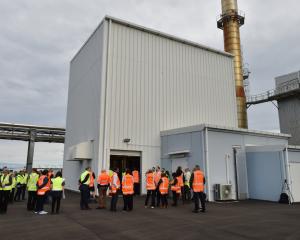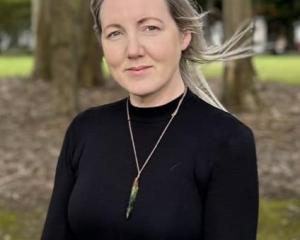
A consistent approach to kerbside recycling in New Zealand’s urban areas starts next month and that means it will be standard for councils to collect paper, cardboard, aluminium and steel tins and cans, glass bottles and jars and plastics numbered 1, 2 and 5.
The plastics include water bottles and softdrink bottles, shampoo and milk bottles, and some food packaging, such as takeaway containers.
"When recycling these types, make sure they are clean, have no lids or tops attached, and are not squashed," Invercargill City Council infrastructure group manager Erin Moogan said.
"If the item has no number on it and you are unsure whether it can be recycled or not, please dispose into the red rubbish bin if no other re-use option is available."
Ms Moogan said the city council and Southland District Council had found 14%-22% of 660 tonnes of recycling material a month was contaminated and had to be diverted to landfill.
Residents of both the city and district would get stickers indicating what could and could not be recycled, she said.
Queenstown Lakes District Council sustainability adviser Kath Buttar said standardising kerbside collection at a national level would help reduce confusion.
"The changes will also give businesses more clarity around the packaging materials that will be accepted for recycling throughout the country," she said.
The council would need to accept more plastics numbered 1 from next month, including meat trays, punnets and coloured softdrink bottles.
Pizza boxes "free from grease and food" could also go in the recycling.
There was no change at Queenstown Lakes for glass recycling.
"Only clean glass bottles and jars used for food and drink go in your blue glass recycling bin," the council said.
"Lids and all other glass, including drinking glasses and ceramics, go in your red rubbish bin."
The Central Otago District Council is midway through the first year of a major change in how its kerbside collection works.
That includes collecting food scraps and green waste well ahead of when other councils will be required to do so.
The Gore District Council is one council that will initially be exempt from providing the standardised service.
It collects glass only at the kerb for recycling in Gore and Mataura.











